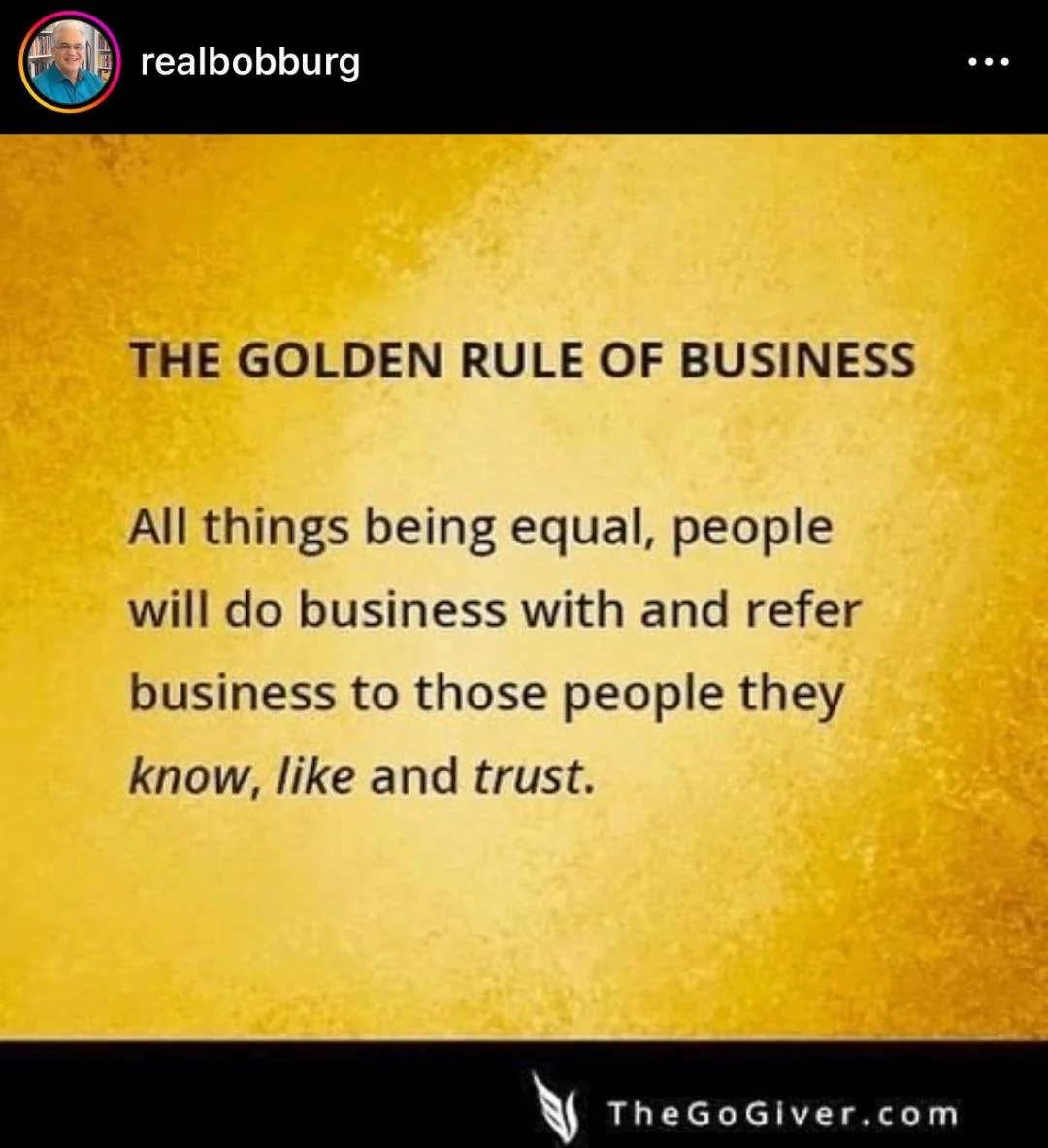The Unseen Currency of Leadership: Know, Like, and Trust
In the modern business landscape, do you find yourself focusing on metrics, market share, and technological innovation as the ultimate measures of success? Yet, beneath the surface of every groundbreaking deal, every successful project, and every career ascent lies a more enduring and powerful currency: the strength of human relationships. As this timeless principle suggests, "All things being equal, people will do business with and refer business to those they know, like, and trust." For senior-level professionals, this isn't a quaint business maxim—it is the very foundation of your strategic influence and sustained success, and it is the key to building a career of true significance.
The first two pillars, knowing and liking, are often the entry point. To be known is to have a presence—to be visible, to build a reputation for competence, and to make your expertise apparent. This isn't about passive observation; it is about deliberate engagement and active contribution. Liking, however, goes deeper. It's about shared values, authentic interactions, and a genuine rapport that transcends a purely transactional relationship. It's the moment when a professional colleague becomes a trusted confidant, when a client feels you are truly a partner, and when your team feels you are an advocate for their success.
The third pillar, trust, is the ultimate differentiator. Trust is built through consistency, integrity, and proven competence. It's the result of doing what you say you will do, of making sound decisions even when they are unpopular, and of demonstrating unwavering reliability over time. When you are trusted, you move beyond the confines of your formal title. You become a go-to advisor, a valuable asset, and a magnet for opportunity. In an environment where products and services can feel like commodities, trust is the competitive advantage that cannot be easily replicated. It reduces friction, accelerates decision-making, and creates a virtuous cycle of collaboration and referral.
How do you actively build trust, and what would your colleagues say about your consistency and integrity?
For senior leaders or seasoned individual contributors, this principle must be an active part of your strategy. This means moving beyond networking for the sake of networking. It means investing time in building bridges between departments, mentoring rising talent, and truly understanding the needs of your clients and colleagues. It is a commitment to cultivating a personal brand built not on what you do, but on who you are. This isn't about being a people-pleaser; it is about being a people-builder—someone who uplifts others and earns their respect and loyalty through genuine connection.
In what ways are you actively investing in others to cultivate your personal brand as a "people-builder"?
Ultimately, the ability to build and sustain genuine relationships based on knowing, liking, and trusting is a non-technical skill that will outlast any technological trend or market shift. In a world of increasing automation and rapid change, human connection remains irreplaceable. Success can be measured in titles and earnings, but significance is measured by the impact you have on the lives and careers of others. By mastering the art of building these strategic relationships, you solidify your influence, secure your professional reputation, and, most importantly, create a legacy that extends far beyond the bottom line.

